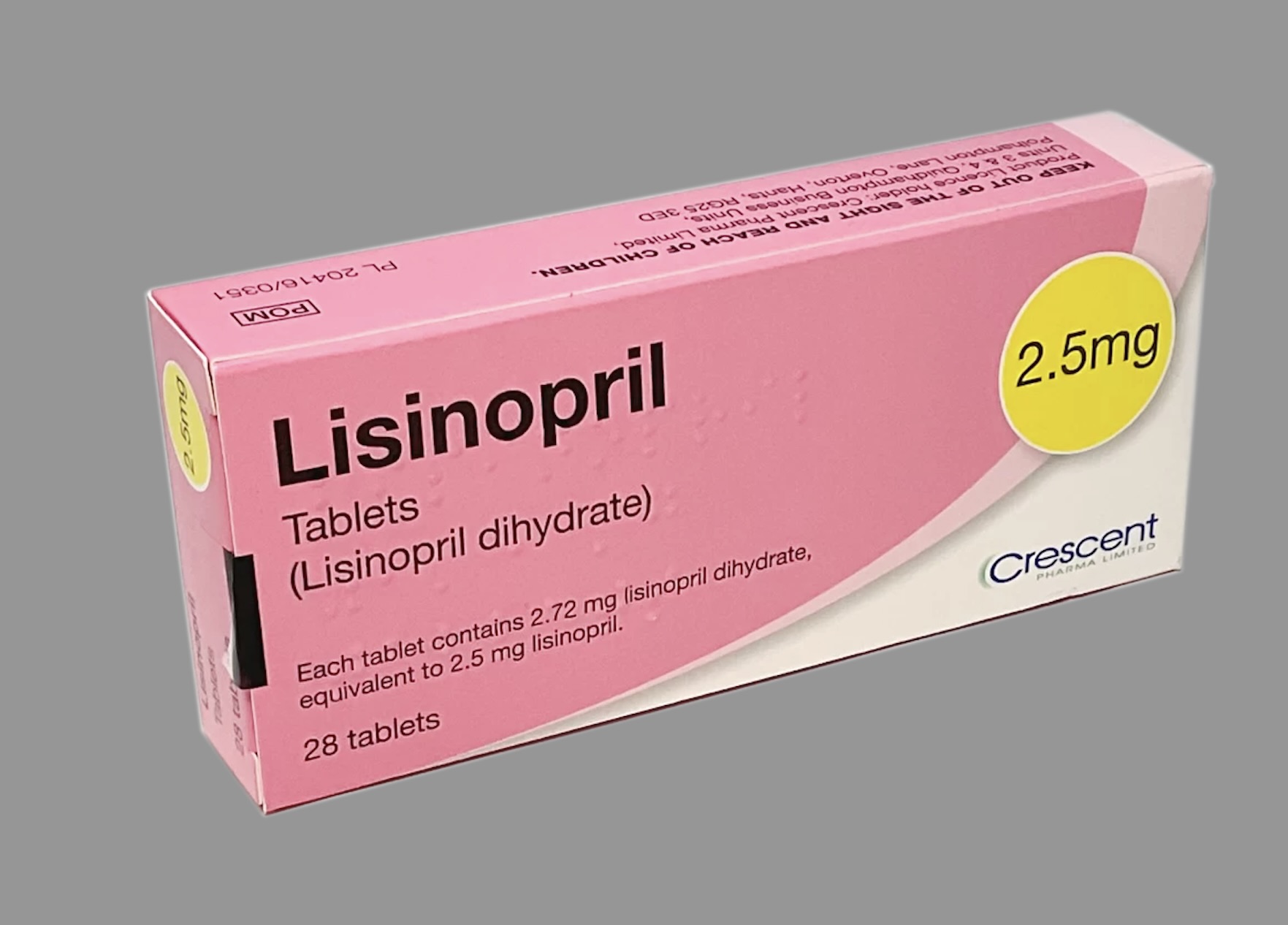Lisinopril: Health Benefits & Risks
What are the health benefits of lisinopril?
Lisinopril is a medication primarily used to treat high blood pressure (hypertension), heart failure, and to improve survival after a heart attack. It belongs to a class of drugs called angiotensin-converting enzyme (ACE) inhibitors, which work by relaxing blood vessels, making it easier for the heart to pump blood and reducing the workload on the heart. Some of the health benefits of lisinopril include:
- Lowering blood pressure: Lisinopril helps lower blood pressure by relaxing blood vessels, which allows blood to flow more easily and reduces the strain on the heart.
- Improving heart function: Lisinopril can improve heart function in people with heart failure by reducing the workload on the heart and improving blood flow.
- Preventing complications after a heart attack: Lisinopril can improve survival and reduce the risk of complications after a heart attack, such as heart failure and future heart attacks.
- Protecting the kidneys: Lisinopril can help protect the kidneys in people with diabetes and high blood pressure by reducing the amount of protein excreted in the urine, which is a sign of kidney damage.
- Preventing strokes: Lisinopril can help reduce the risk of stroke in people with high blood pressure, especially those with other risk factors for stroke.
- Improving quality of life: By lowering blood pressure and improving heart function, lisinopril can improve quality of life for people with hypertension, heart failure, and other related conditions.
It’s important to note that while lisinopril can be effective for treating these conditions, it can also cause side effects and may not be suitable for everyone. It’s essential to use lisinopril only as prescribed by a healthcare provider and to follow their instructions carefully. If you have any questions or concerns about lisinopril, talk to your healthcare provider.
What are the health risks of lisinopril?
Lisinopril, like other medications, can cause side effects and carry certain health risks. It’s important to be aware of these risks and discuss them with your healthcare provider before starting treatment. Some of the health risks associated with lisinopril include:
- Hypotension (low blood pressure): Lisinopril can cause a drop in blood pressure, especially when starting treatment or increasing the dose. This can lead to symptoms such as dizziness, lightheadedness, and fainting, particularly in older adults.
- Hyperkalemia (high potassium levels): Lisinopril can increase potassium levels in the blood, which can be dangerous, especially in people with kidney problems or those taking other medications that increase potassium levels. Symptoms of hyperkalemia include muscle weakness, tingling sensations, and an irregular heartbeat.
- Kidney problems: Lisinopril can affect kidney function, especially in people with preexisting kidney disease. It can cause a decline in kidney function and may require monitoring of kidney function while taking the medication.
- Angioedema: Lisinopril can rarely cause a serious allergic reaction called angioedema, which is swelling of the face, lips, tongue, or throat. This can be life-threatening and requires immediate medical attention.
- Cough: Lisinopril can cause a dry, persistent cough in some people. This side effect is usually mild but can be bothersome for some individuals.
- Fetal toxicity: Lisinopril should not be used during pregnancy as it can cause harm to the fetus, including fetal death or injury. It is important to use effective contraception while taking lisinopril.
- Interaction with other medications: Lisinopril can interact with other medications, especially potassium-sparing diuretics, potassium supplements, and nonsteroidal anti-inflammatory drugs (NSAIDs), increasing the risk of side effects.
It’s important to use lisinopril only as prescribed by a healthcare provider and to follow their instructions carefully. If you have any questions or concerns about lisinopril, talk to your healthcare provider.
TL;DR: Lisinopril Summary
Lisinopril is a prescription medication commonly used to treat high blood pressure (hypertension), heart failure, and to improve survival after a heart attack. It belongs to a class of drugs known as angiotensin-converting enzyme (ACE) inhibitors.
Lisinopril works by blocking the action of the enzyme ACE, which helps relax blood vessels and reduce blood volume, thereby lowering blood pressure. By lowering blood pressure, Lisinopril helps reduce the risk of heart attack, stroke, and kidney problems associated with hypertension.
Lisinopril is typically taken orally in tablet form, usually once daily with or without food. The dosage of Lisinopril will vary depending on the individual’s condition, blood pressure levels, and response to treatment.
Common side effects of Lisinopril may include dizziness, headache, fatigue, cough, and gastrointestinal symptoms such as nausea or diarrhea. More severe side effects may include allergic reactions, changes in kidney function, and high potassium levels. It is important to seek medical attention if you experience any severe or persistent side effects while taking Lisinopril.
Lisinopril can interact with other medications and supplements, so it is important to inform your healthcare provider about any existing medical conditions or medications you are taking before starting treatment with Lisinopril.
It is crucial to follow your healthcare provider’s instructions closely while taking Lisinopril and to attend regular follow-up appointments to monitor your blood pressure and response to treatment. Do not stop taking Lisinopril abruptly, as this can lead to a rebound increase in blood pressure. Talk to your healthcare provider if you wish to discontinue Lisinopril or if you have any concerns about taking the medication.
If you have any questions or concerns about taking Lisinopril, be sure to discuss them with your healthcare provider. It is important to seek medical advice if you have any concerns about your blood pressure or experience any negative side effects while taking Lisinopril.




